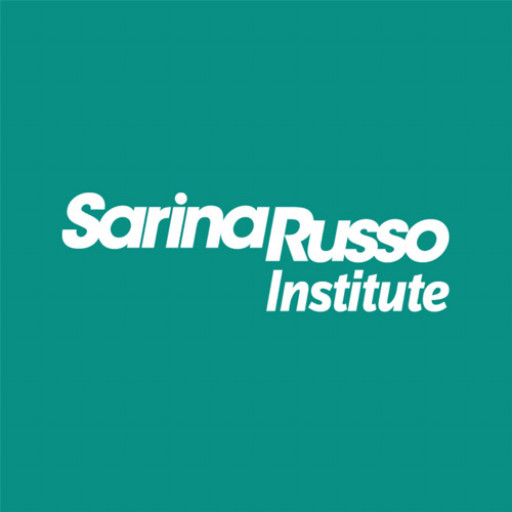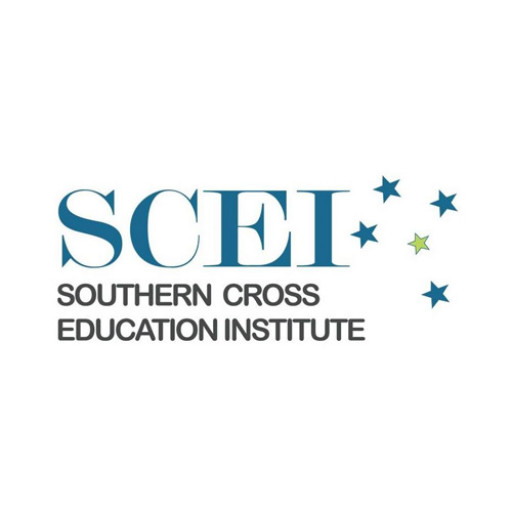The Bachelor of Community Services at Swinburne University is a comprehensive undergraduate program designed to prepare students for a dynamic and rewarding career in the social services sector. This program provides students with a strong foundation in understanding the social, cultural, and individual aspects that influence community wellbeing and development. Through a blend of theoretical knowledge and practical skills, students are equipped to support diverse populations, advocate for social justice, and implement community-based initiatives. The curriculum covers key areas such as counselling, case management, policy development, mental health support, youth work, and the promotion of inclusion and diversity. Emphasising experiential learning, students participate in professional placements, allowing them to apply their learning in real-world settings under the supervision of experienced practitioners. This hands-on approach ensures graduates are workplace-ready and confident in their abilities to make a positive impact in various community contexts. The program also encourages critical thinking, ethical practice, and cultural competence, preparing students to work effectively with individuals and groups facing complex social issues. Graduates of the Bachelor of Community Services are well-positioned for employment in government agencies, non-profit organisations, healthcare services, and community development projects. They can pursue roles such as community support worker, youth worker, mental health worker, case manager, or program coordinator. The degree also provides a pathway for those wishing to undertake further study at postgraduate levels, including honours or specialised qualifications in social work or community development. Swinburne’s focus on social innovation, practical experience, and industry partnerships ensures students graduate with the skills, knowledge, and professional networks necessary to succeed and make a meaningful difference in the lives of individuals and communities.
The Bachelor of Community Services at Swinburne University is a comprehensive program designed to prepare students for impactful careers in supporting and enhancing the wellbeing of individuals, families, and communities. This degree offers a well-rounded curriculum that combines theoretical knowledge with practical skills, enabling graduates to address diverse social issues and deliver effective community services. Throughout the course, students explore key areas such as social policy, community development, mental health, youth work, and crisis intervention. The program emphasizes the importance of cultural competence, ethical practice, and evidence-based approaches to meet the needs of diverse populations. Students have the opportunity to engage in practical placements within community organizations, gaining real-world experience and building professional networks. The curriculum also includes modules on communication skills, case management, advocacy, and program planning, providing graduates with a versatile skill set applicable across various community service sectors. Swinburne's community-centered teaching approach ensures students are prepared to work collaboratively with clients, colleagues, and stakeholders to promote social inclusion and positive change. The Bachelor of Community Services aims to develop compassionate, ethical, and innovative practitioners capable of making a meaningful difference in their communities. Graduates are equipped to pursue employment in roles such as community support worker, youth worker, mental health officer, case manager, or policy advisor. Additionally, this qualification provides a solid foundation for further study in social work or related fields. With a focus on both local and global perspectives, the program responds to current social challenges and prepares students to contribute effectively to community development initiatives and social justice efforts. By the end of the degree, students will have gained the knowledge, skills, and confidence necessary to support vulnerable populations and advocate for positive societal change.
Programme requirements for the Bachelor of Community Services at Swinburne University of Technology typically include a combination of core subjects, elective courses, practical placements, and academic performance standards. Students are generally expected to complete a set number of credit points, typically around 144 credit points over the duration of the degree, which typically spans three years of full-time study. The core curriculum covers foundational topics such as Introduction to Community Services, Social Policy, Ethics and Professional Practice, Communicative Skills, and Diversity and Inclusion. Elective subjects allow students to tailor their learning towards specific interests within the community services field, such as youth work, mental health, or aged care. Practical placements are an essential component of the program, designed to provide students with hands-on experience in real-world settings, working under supervision in community organizations, health facilities, or social services agencies. These placements are usually arranged by the university and require students to meet certain prerequisites, such as a clear police check, valid Working with Children Check, and Immunization records, to ensure safety and compliance with industry standards. To graduate, students must maintain a minimum GPA specified by the university, often around 50-60% on a weighted scale, and successfully complete all required coursework and placement assessments. Admission into the program generally requires completion of secondary schooling with satisfactory results, and potential students may need to meet English language proficiency requirements, such as an IELTS score of 6.0 or equivalent. The program is designed to prepare graduates for employment in diverse community settings, with capabilities in advocacy, case management, program planning, and community development. Continuous assessment methods—including written assignments, presentations, group projects, and reflective journals—are used throughout the program to evaluate student progress. Additionally, students are encouraged to engage in extracurricular activities, industry seminars, and networking opportunities facilitated by the university to enhance their employment prospects upon graduation.
The Bachelor of Community Services at Swinburne University offers a comprehensive financial support framework to assist students throughout their studies. The program's tuition fees for domestic students are structured to be affordable and competitive within the Australian higher education sector. These fees are typically outlined annually and may vary slightly depending on government policy updates or institutional adjustments. International students are subject to different fee structures, which are higher and are communicated clearly at the time of admission. To support access to higher education, Swinburne provides a range of financial assistance options, including government loans such as the Commonwealth Supported Place (CSP) for eligible domestic students, which significantly reduces the fee burden by subsidizing tuition costs. Additionally, students can access FEE-HELP, a government loan scheme that allows repayment of tuition fees through the Australian tax system after income thresholds are met.
For students seeking financial aid beyond government schemes, Swinburne offers scholarships based on merit, need, or specific criteria related to community service interests. These scholarships can range from partial fee waivers to full tuition coverage and are awarded regularly through an application process. The university also encourages students to explore external funding options, including private scholarships, community grants, and sponsorships related to social services fields.
Cost of living is another critical aspect of financing studies; Melbourne, where Swinburne is located, presents a diverse range of accommodation and living options. Students are advised to budget for expenses such as housing, transportation, books, and personal costs. On-campus facilities and resources are designed to optimize learning efficiency and reduce additional expenses, with access to libraries, online learning platforms, and student support services included in the overall educational investment.
Part-time employment opportunities are available for students enrolled in the program, providing a means to offset ongoing expenses and gain practical experience in community services settings. The university's career services and job placement programs assist students in finding relevant work placements and part-time jobs aligned with their career goals.
In summary, the financing studies for the Community Services program at Swinburne incorporates government subsidies, scholarships, external funding opportunities, and part-time work options, combined with transparent fee structures to facilitate accessible education. The university's commitment to supporting students financially is designed to reduce barriers to entry and ensure that aspiring community service professionals can focus on their academic and professional development without undue financial stress.
The Community Services program at Swinburne University of Technology is designed to prepare students for a variety of roles within the community sector, including social services, youth work, disability services, mental health support, and aged care. The program aims to equip students with the necessary knowledge, practical skills, and ethical understanding to effectively support individuals and communities facing diverse challenges. Through a combination of theoretical coursework and practical placements, students gain insights into the social determinants of health and well-being, community development strategies, and the policies that underpin service delivery in the community sector. The curriculum covers essential topics such as communication skills, cultural competence, problem-solving, ethics, and contemporary issues facing vulnerable populations. Swinburne emphasizes experiential learning, providing opportunities for students to undertake real-world placements in community organizations, enabling them to apply classroom learning in practical settings and build professional networks. The program is suitable for individuals passionate about making a positive impact in society and seeking a career that offers diverse employment opportunities across government agencies, non-profit organizations, and private service providers. Graduates of the Community Services program can pursue roles such as community worker, case manager, outreach coordinator, youth worker, or support worker, contributing to the social inclusion and well-being of individuals and communities. Swinburne's faculty members are experienced practitioners and researchers who bring current industry insights into their teaching. The program also encourages multidisciplinary approaches and lifelong learning, aligning with the evolving needs of the community sector. By completing this program, students develop critical skills in advocacy, service coordination, and community engagement, positioning themselves to contribute meaningfully to societal development and support. The community services sector is continually expanding, offering bright prospects for employment and career advancement, especially for those committed to social justice and community development. Swinburne's focus on practical skills and industry connections ensures graduates are well-prepared to meet the demands of the rapidly changing community environment.








